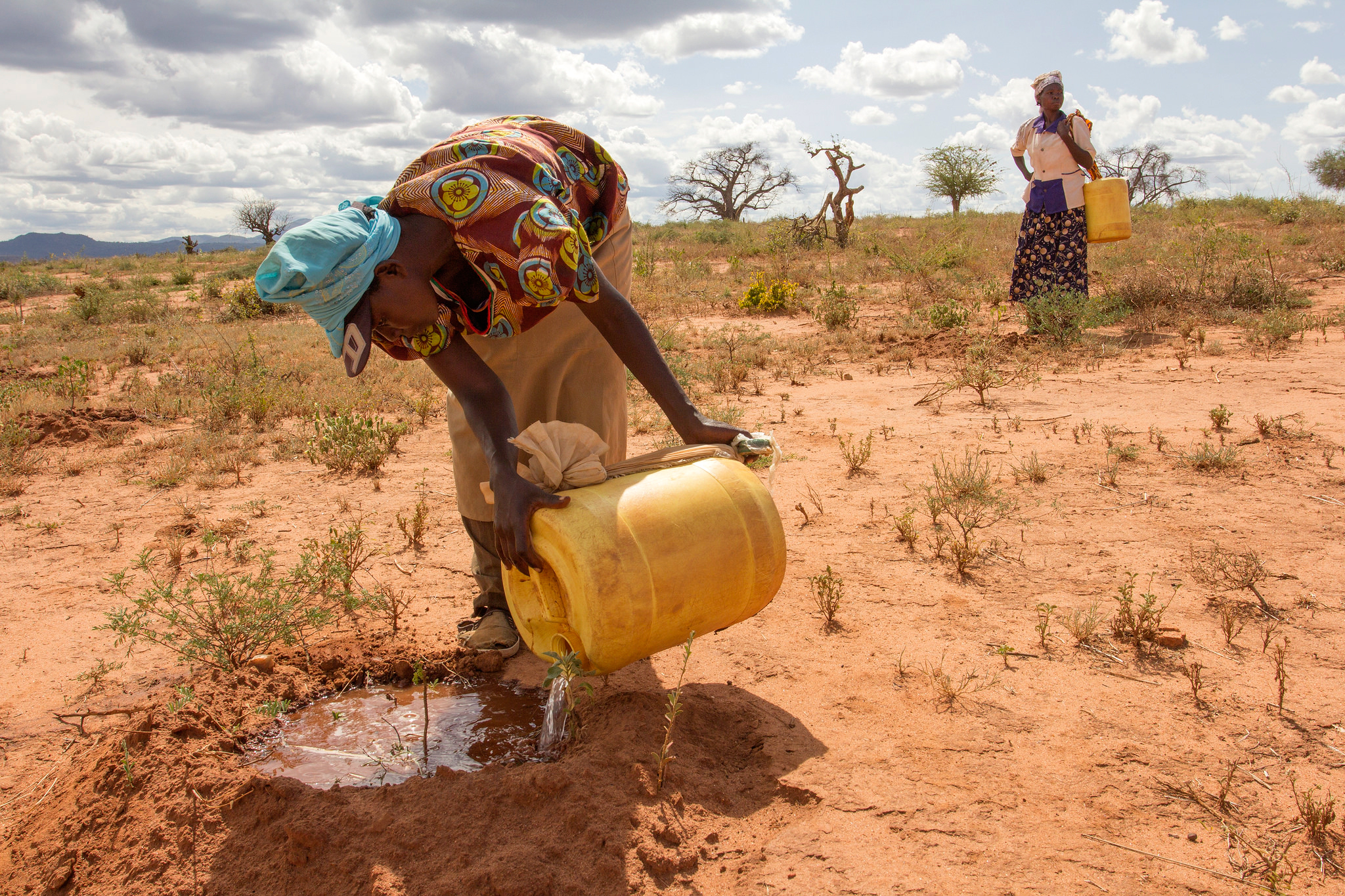Climate Change is Not Gender-Neutral
It is well established that the poor are most vulnerable to the effects of climate change, and that women—who account for the majority of the world’s poor—are disproportionately impacted.
Why is this fact so important? And what are we doing to address it?
Women farmers account for 45 to 80 percent of all food production in developing countries. This means that any changes in climate—such as droughts and floods—affect their livelihoods, incomes and food security more than they do men.
Women also suffer from discrimination, limiting their rights, their access to land and their access to services. Such discrimination has important implications during the aftermath of weather-related emergencies, as women are usually the last to receive services like credit and technical support.
As the gender focal point in the GEF Small Grants Programme (SGP) implemented by UNDP, I have been in charge of mainstreaming gender across our programmes. This is quite a task, given that we operate in over 125 countries, each with a different landscape and climate vulnerabilities, as well as different laws for gender equality and women’s empowerment.

Women have different roles and face different challenges in each of our areas of work (biodiversity, climate change and land degradation, among others). As such, we have developed ways to engage women at the project, country and global level. Here’s what I have learned:
No one-size-fits-all solutions
The role and status of women differ from one community to the next. As a result, there is no one-size-fits-all solution to gender mainstreaming.
The only way to ensure that women are empowered and represented is to involve women in each step along the way. We must incorporate their perspectives in all processes, projects and policy-making discussions, apply their valuable knowledge and skills to solutions and ensure they directly benefit from the projects.
Change is tough but possible
Traditional structures and social norms regarding gender roles are hard, but not impossible, to change. Once a woman or group of women demonstrate they can bring change to their communities, their social status and leadership roles improve and they gain more control over decisions made at the community/district level.
Since 2008, SGP has been partnering with the Barefoot College to empower illiterate women from off-the-grid communities in Asia, Africa and Latin America to become solar engineers who can help electrify their villages. Thanks to this initiative, women’s social status has increased dramatically in their communities, an achievement that has in turn improved their access to decision-making and leadership roles.
Women are reservoirs of climate knowledge
Women possess crucial reservoirs of the knowledge necessary to reverse the effects of climate change. For example, a project implemented by the Grand-Sable Women Planters in Mauritius used women’s skills and knowledge to strengthen the overall capacity of the community to adapt to climate change.
For advancing conservation and sustainable development in island communities, The Grand-Sable Women Planters Farmers Entrepreneurs Association was given the 2013 Island Bright Spot award.
Our work has demonstrated that investing in gender equity and women’s empowerment is good not only for women but for society as a whole. We’ve seen that women usually share their income -- and their knowledge -- with their families and communities, thereby generating multiple development benefits.
As the COP21 climate conference nears, it is important to remember that the campaign to address climate change is not gender neutral. Women are central to all communities’ mitigation and adaptation efforts.
Photo courtesy of: Flore de Preneuf / World Bank


